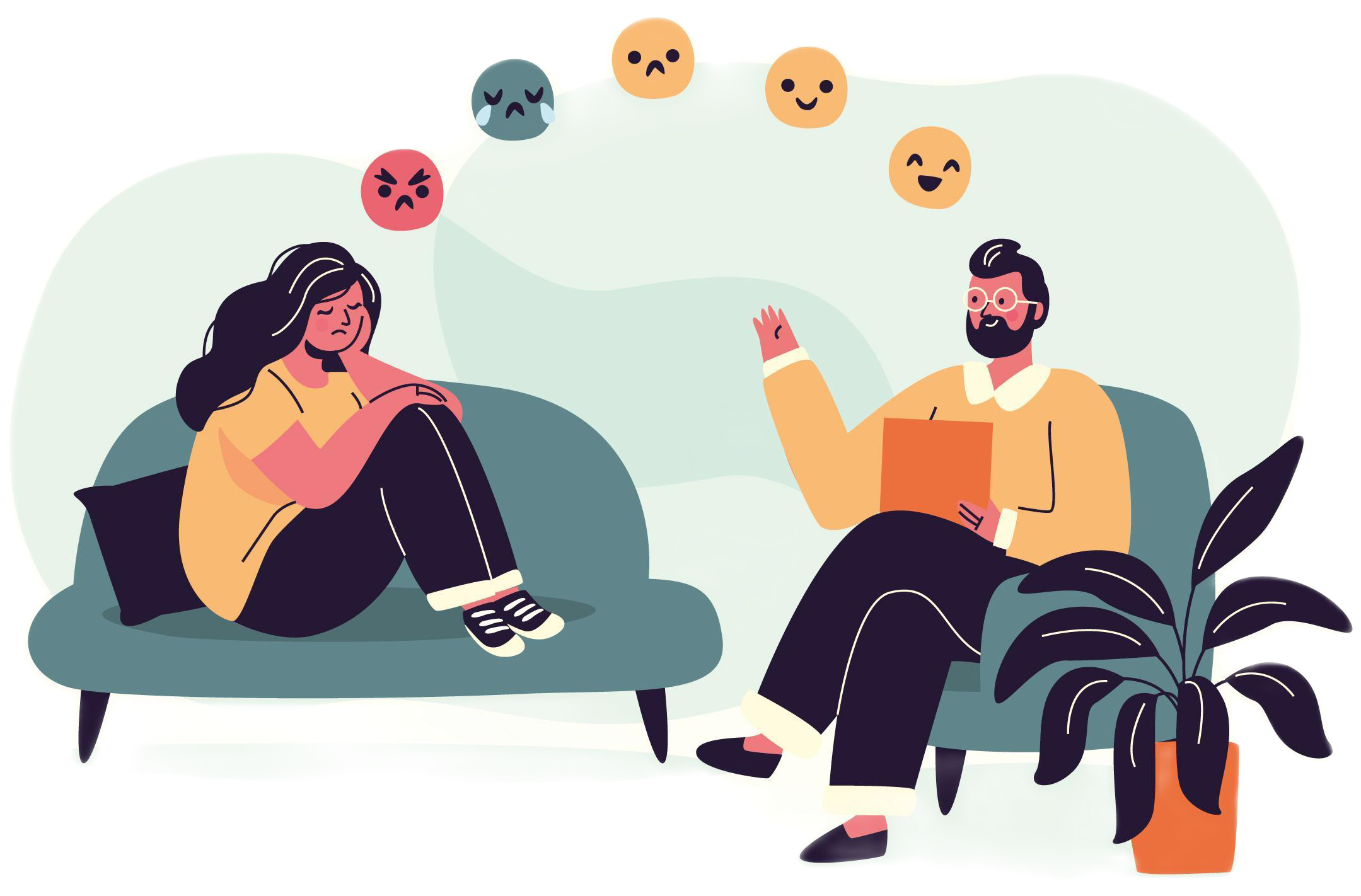In the fast-paced and demanding world we live in, it’s not uncommon to experience moments of frustration and anxiety. These emotions, though a natural part of the human experience, can significantly impact our mental well-being if left unaddressed. Let’s delve into the intricacies of how frustration and anxiety can silently chip away at our mental health.
**The Weight of Frustration:**
When barriers prevent us from achieving our objectives or aspirations, it can be frustrating and leave us feeling helpless. Frustration can take many different forms, such as unfulfilled expectations, traffic bottlenecks, or a project that isn’t proceeding as expected. When this feeling lasts for a long time, it might lead to elevated stress and arousal levels.
Chronic frustration might eventually cause helplessness and even more serious mental health problems, like depression. To keep frustration from becoming a permanent companion on our trip through life, it’s critical to identify the symptoms of frustration and create good coping techniques.
**The Anxious Mind:**
Anxiety, on the other hand, is characterized by excessive worry and fear about future events. While some level of anxiety is normal, an overwhelming sense of unease can be detrimental to mental health. Constant worry can lead to a hyperactive mind, making it challenging to focus on the present moment.
The physical toll of anxiety is not to be underestimated either. Increased heart rate, shallow breathing, and muscle tension are common symptoms that accompany anxious thoughts. Prolonged anxiety can contribute to insomnia, fatigue, and a weakened immune system, further compromising our overall well-being.
**The Interconnected Web:**
Anxiety and frustration can entwine to form a tangled web that can be challenging to untangle. Fearing that we won’t be able to overcome issues can lead to irritation, and worry can make frustration worse by making difficulties seem more serious than they actually are.
This connection emphasizes how crucial it is to treat both emotions in a comprehensive manner. Deep breathing exercises and other mindfulness-based activities can assist in interrupting the pattern by encouraging acceptance and awareness of the current moment. When these feelings begin to take over your daily activities, you may need counseling or psychotherapy.
A therapist helps you Acknowledge and manage frustration and anxiety in nurturing mental well-being. Building resilience is key to navigating life’s challenges without succumbing to the negative effects of these emotions. This involves developing coping mechanisms, seeking support from friends or professionals, and adopting a positive mindset that allows for adaptability in the face of setbacks.


